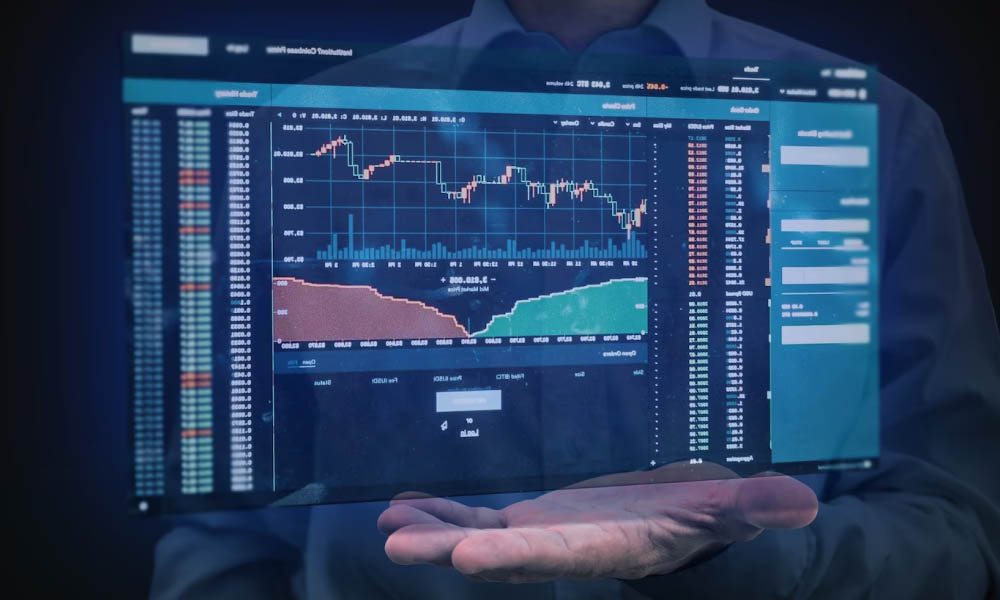
Maximizing Profits: Understanding Crypto Trading Execution Speed
In the fast-paced world of cryptocurrency trading, execution speed can mean the difference between a successful trade and a missed opportunity. With market prices fluctuating rapidly, traders must act swiftly to capitalize on favorable conditions. In this article, we will explore the importance of crypto trading execution speed and the factors that influence it. Crypto Trading Execution Speed click here to learn more about enhancing your trading strategy.
What is Execution Speed in Crypto Trading?
Execution speed refers to the time it takes to complete a trade after a trader has placed an order. This includes the time it takes for the order to be transmitted to the exchange, matched with a buyer or seller, and executed. In the world of crypto trading, where prices can change in milliseconds, execution speed is crucial. Delays in execution can lead to slippage, loss of potential profits, or worse, significant losses.
Why is Execution Speed Important?
Execution speed affects several aspects of trading:
- Market Volatility: The cryptocurrency market is notoriously volatile. Prices can swing dramatically within minutes. Fast execution can help traders lock in gains or limit losses before the market shifts.
- Slippage: Slippage occurs when an order is executed at a different price than expected, often due to delays in execution. In a fast-moving market, even a slight delay can result in a different execution price, affecting overall profitability.
- Arbitrage Opportunities: Traders often look for price discrepancies between different exchanges for arbitrage opportunities. Fast execution is necessary to take advantage of these fleeting moments.
- Automated Trading: Many traders use algorithms and trading bots to execute their strategies. These tools rely heavily on speed to optimize trading outcomes. Delays can render automated strategies ineffective.
Factors Affecting Execution Speed

Several factors influence execution speed in cryptocurrency trading:
- Network Latency: The time it takes for data to travel between a trader’s device and the exchange server. Lower latency leads to faster execution.
- Brokerage and Exchange Performance: Different exchanges have varying levels of performance. The speed and efficiency of the exchange’s matching engine can greatly affect execution times.
- Order Types: Market orders tend to execute faster than limit orders. Understanding the implications of different order types can help traders strategize effectively.
- Trading Volume: High trading volumes can lead to congestion on the exchange, slowing down execution times. Traders should monitor trade volumes when choosing when and where to execute trades.
Improving Execution Speed
To maximize trading success, traders can take several steps to improve their execution speed:
- Choose the Right Exchange: Select exchanges known for their robust infrastructure and low latency. Conduct research on the performance and reliability of various exchanges before committing.
- Use API Integration: For advanced traders, using APIs (Application Programming Interfaces) can provide direct access to trading functionalities on exchanges, resulting in quicker execution than web-based interfaces.
- Optimize Internet Connections: A stable and fast internet connection is crucial. Traders should minimize latency by using wired connections over WiFi and choosing data centers closer to exchange servers when using algorithmic trading.
- Leverage Trading Bots: Utilizing trading bots can automate speed-sensitive strategies, allowing users to capitalize on market movements without the need for manual execution.
Real-World Implications of Execution Speed
Numerous case studies emphasize the need for speed in crypto trading:
- One well-known incident involved a major exchange experiencing downtime during a market dip. Traders who were unable to execute trades quickly enough faced substantial losses, highlighting how execution speed impacts risk management.
- In another instance, a trader using a high-frequency trading strategy capitalized on milliseconds of price differences across exchanges, realizing profits that would have been impossible with a slow execution system.
Conclusion
In conclusion, execution speed is a fundamental aspect of successful cryptocurrency trading. Traders must recognize the volatility of the crypto market and the necessity of acting quickly to secure favorable trades. By understanding the factors that affect execution speed and implementing strategies to enhance it, traders can improve their chances of success in this dynamic environment. As technology continues to evolve, the focus on execution speed will become even more critical, shaping the future of crypto trading.